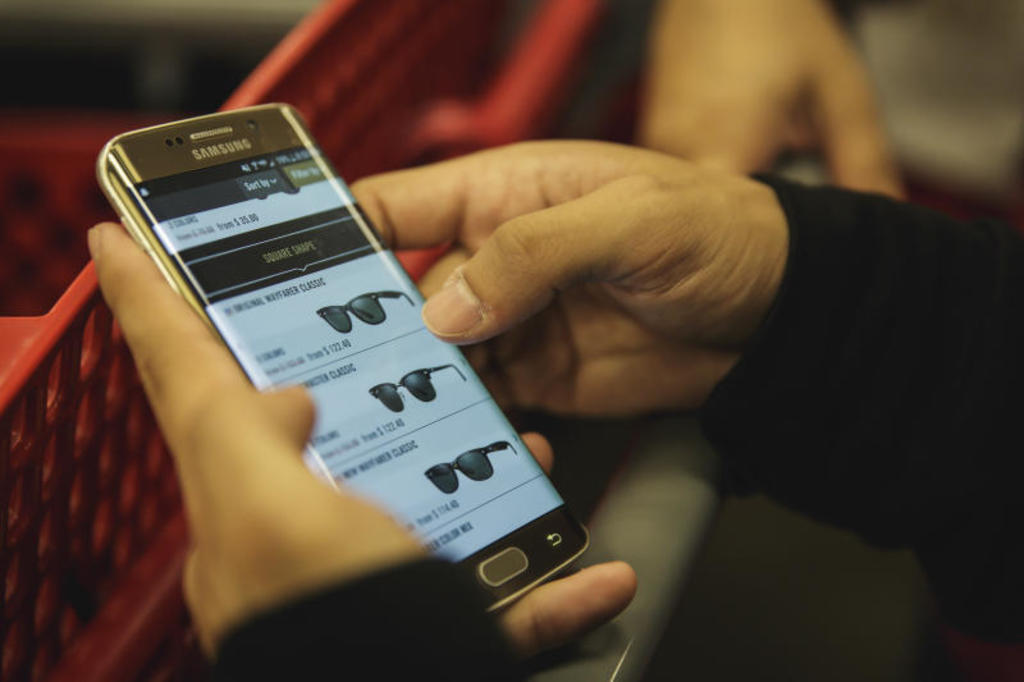In advancing e-commerce, Asean should study problem of fake goods sold online, protect consumers
Last month, at the 24th Association of South-east Asian Nations (Asean) Economic Ministers’ retreat and related meetings, the various leaders talked about advancing innovation and e-commerce in the region and improving trade facilitation, among other matters, during Singapore’s chairmanship this year (“Asean keeping at regional integration, even as global mood goes the other way: PM Lee”; March 16).
E-commerce offers Asean tremendous potential for economic growth, but a sound trading architecture in e-commerce must also protect consumers and prevent the spread of counterfeit goods.
Singapore’s two largest trading partners offer a good example of the pitfalls and prospects for e-commerce.
The world’s oldest e-commerce market is the United States, where e-commerce emerged in the 1990s. Although the US is known for its high level of intellectual property protection, it has not escaped the growing trade in fake goods online.
In February, the US Government Accountability Office reported that in a test purchase, at least 20 of 47 products sold by third-party sellers hosted on five major e-commerce websites were proven to be counterfeit.
China, the world’s largest e-commerce market, is also facing problems with fake goods. The China Consumer Association stated that 40 per cent of all cosmetics bought online during last November’s “Singles Day” shopping festival were counterfeit.
The impact of the trade in counterfeit goods cannot be understated.
Research released last year by the International Trademark Association showed that the negative impacts of counterfeiting and piracy are projected to drain US$4.2 trillion (S$3.4 trillion) from the global economy and put 5.4 million worth of legitimate jobs at risk by 2022.
No official research exists in Singapore or Asean on the size and scale of the problem of online counterfeits.
A tourist is unlikely to see markets full of fake designer bags and watches, like it was decades ago. Go online now, and it can be a bargain hunter’s dream come true with access to all kinds of illegal counterfeit products.
As Singapore pushes for increased trade through e-commerce in Asean, quality and safety issues should not be neglected.
The “Asean way” of voluntary, consensus-based progress provides the best avenue forward for the diverse set of Asean member states to address online counterfeits.
The regional grouping can also play a role in creating the right regulatory framework to protect consumers, as e-commerce lifts the regional economy.
Asean should undertake research to understand the size and scale of the problem of trade in counterfeit goods online in the region, and a set of best practices for governments should be developed. This way, it will not only be the hottest e-commerce marketplace in the world, but also the safest.
Source: http://www.todayonline.com/voices/advancing-e-commerce-asean-should-study-problem-fake-goods-sold-online-protect-consumers


 English
English




